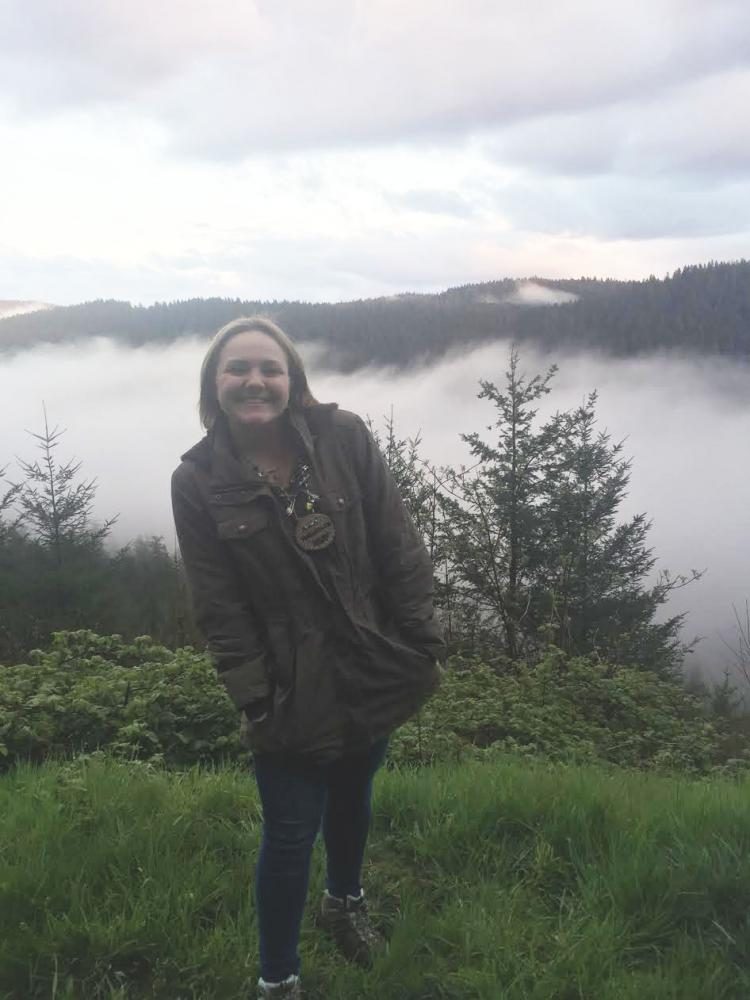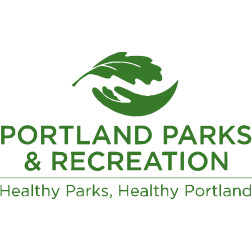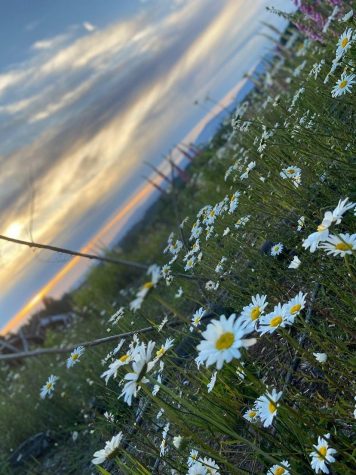Personal Perspective: Outdoor School Proves As Valuable For Counselor As It Is For Campers
Recently, I came back from a week long trip as an outdoors school counselor. During this week, I was known as Harlequin. I had two groups of 12-year-olds from H.B. Lee, and I was an instructor for soil.
Learning through the outdoors is, for me, about elemental mystery. Part of the charm is that most of my direct contacts with the outdoors, whether digging in the sun or catching critters in the pond, remain a wondrous puzzle. It’s not just about building expertise, though that’s part of it.
Similarly, it’s not just about broadening experience, though that’s also part of it. For me it’s about direct contact. It’s about shifts in thinking and philosophy. In my case it’s certainly close to being about survival itself. It’s about spirit, mystery, challenge and much, much more. It is a privilege to have some sort of relationship with the elements, and help children experience them too.
Perhaps what gives learning through the outdoors that special power is that, in the outdoors, there will always remain a sense of striving, a sense of mystery and, perhaps most of all, a sense of challenge and adventure. The outdoors is a powerful arena for learning. The outdoors – and our development in, and relationship with, it – is part of the spirit of our origins and history.
Working with students for a week has given me some great insight to teaching and learning. The week started with quiet students, afraid to say their name. By the end of their time, my students were in tears saying they did not want to leave.
Experiencing the outdoors can be a powerful stimulus for learning. Being deep in a forest, feeling alone on a hillside, or just singing around a fire can set us off on a path that changes the way we think about ourselves, our relationships and way we live our lives.
For schools and community organizations, outdoor experience is often linked to residential experience. People are away from their day-to-day settings and relationships, and having to work and relax as a group. Through being assigned a cabin that does not have people they typically talk to, it got my students out of their comfort zones.
At other times people may set out to learn something for themselves – or are helped to see and understand something. In these situations they are often aware of thinking about their learning. Both forms of learning are involved in outdoor learning. Sometimes one is emphasized over the other.
For example, it may be that experience is at the forefront – getting to the top of a hill, finding an animal, walking through water and mud. At other times instruction or reflection is the focus. To realize the power of combining the elemental, relational and physical, we need to allow time and space to both experiences, and to instruction and reflection.






